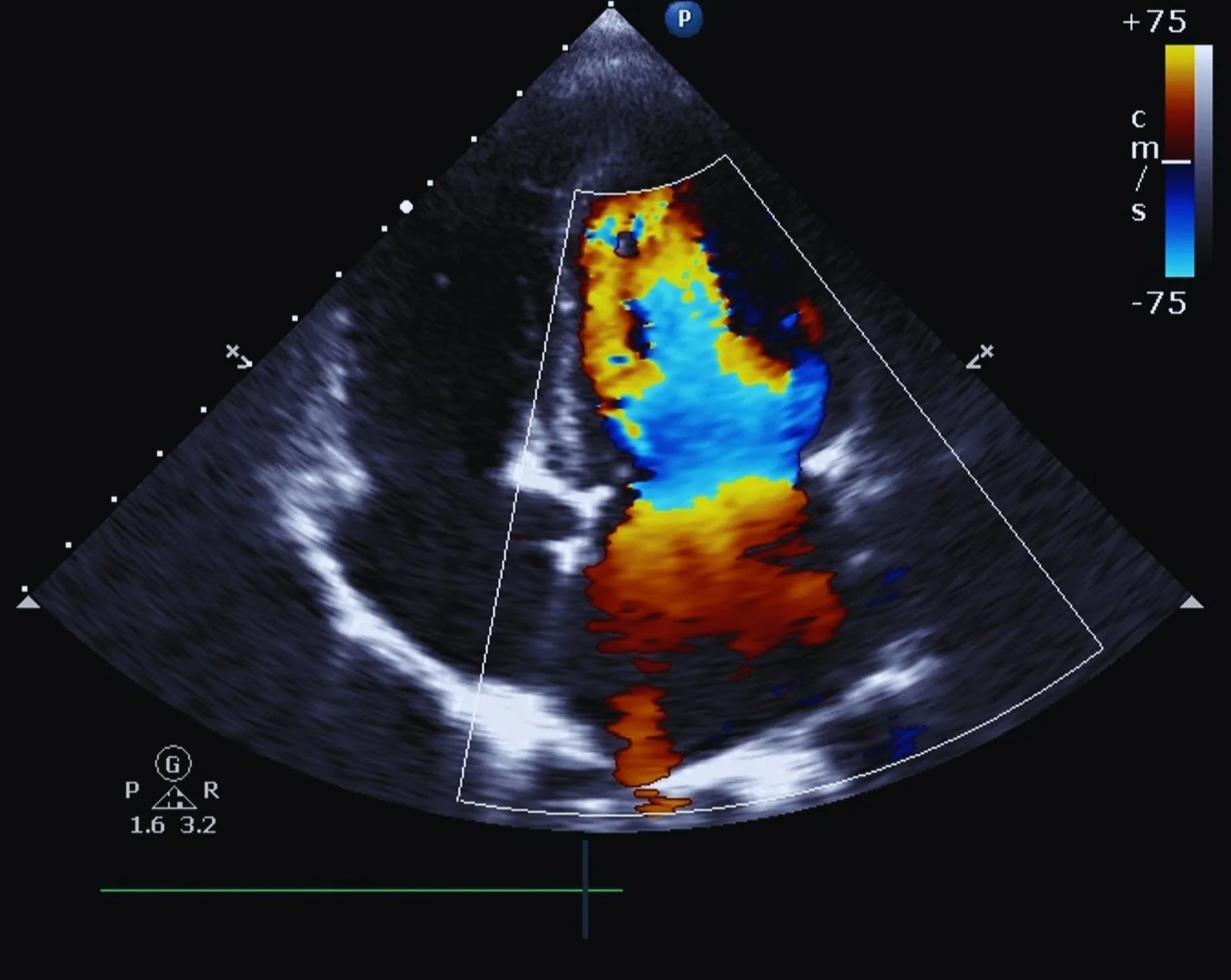Treadmill Stress Tests &
Stress Echocardiograms
Seeing How Your Heart Performs Under pressure
Your heart works harder when you move—and sometimes, problems only show up when it's under stress. That’s where treadmill stress tests and stress echocardiograms (stress echos) come in.
These tests help your cardiologist see how well your heart functions during exercise and whether there are signs of blocked arteries, irregular heart rhythms, or reduced blood flow.
What is a Treadmill Stress Test?
A treadmill stress test, also called an exercise stress test, measures how your heart responds to physical activity. You’ll walk on a treadmill that gradually speeds up and inclines while we monitor your:
Heart rhythm (via EKG)
Blood pressure
This test can help explain symptoms like chest pain, shortness of breath, or fatigue that may not appear at rest.
What is a Stress Echocardiogram?
A stress echo is similar to a treadmill stress test, but it adds ultrasound imaging of your heart before and after exercise. This gives your doctor a detailed look at how well your heart muscle is pumping and whether certain areas are not getting enough blood during activity.
It’s especially useful for diagnosing coronary artery disease and evaluating how well the heart is functioning.
Chest pain with exertion
Shortness of breath during activity
Pre-surgery cardiac clearance
Follow-up after heart disease diagnosis



